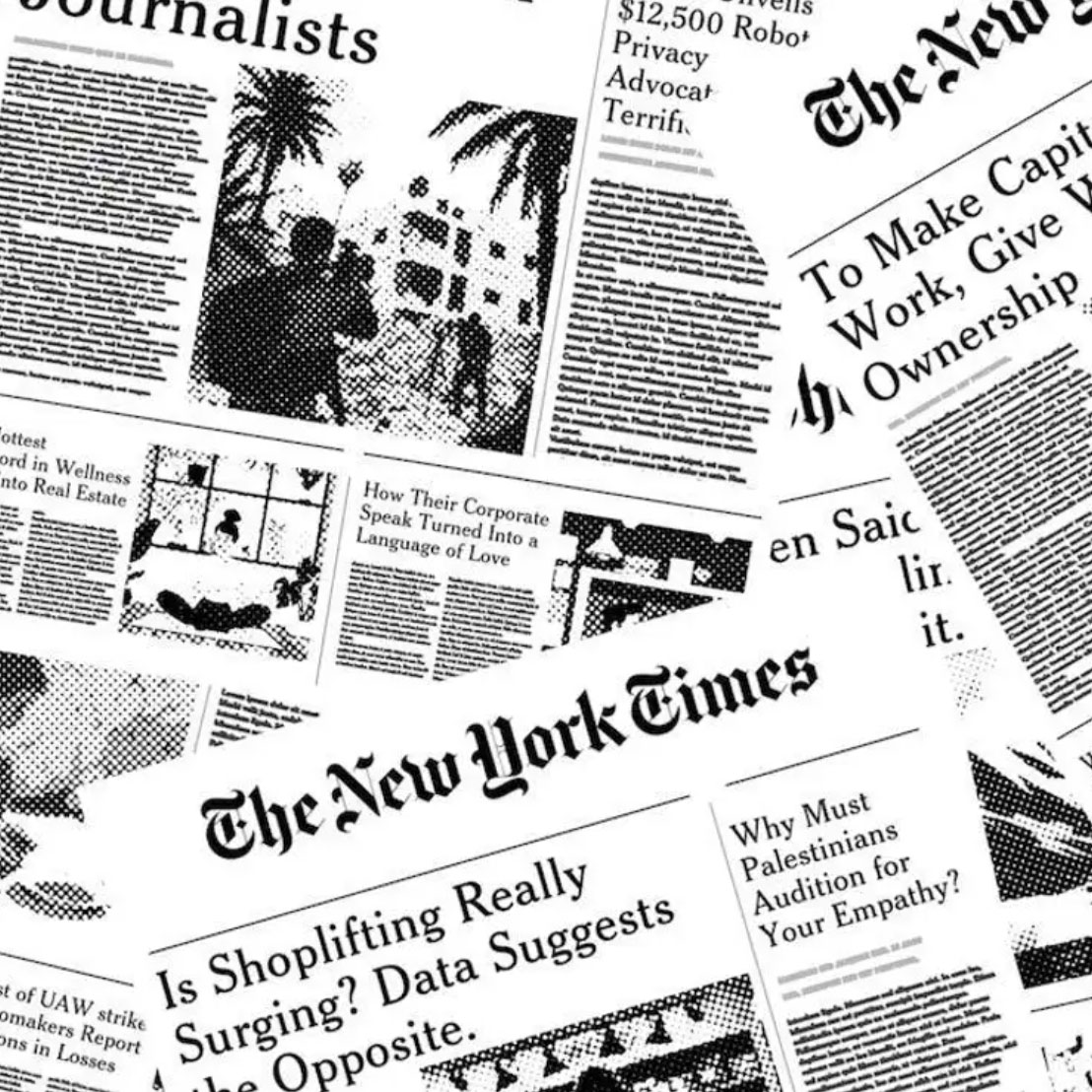The New York Times Simulator – a new free game about the insane world of newspaper editing – just might be the scariest game of the year.
But it’s not a horror game. It puts you in the shoes of the editor-in-chief of the storied paper, with a mission to deliver the news to an audience that is as ravenous as it is fickle. You mainly play with headlines, story placement and the spin you choose to give each article. Stick a story too prominently above the fold on the front page, and you might ignite a firestorm. Don’t run it at all, and you might lose a couple hundred thousand readers.
Gameplay is addictive and straightforward. The simulator throws real headlines at you – straight from the archives of the New York Times. You’re put in the hot seat, having to make split-second decisions that might alter public discourse. Sometimes, you have the option to change a headline, but doing so will alter how your audience reacts to it.
From the get-go, it’s clear: these aren’t hypothetical scenarios. They’re the very real challenges that editors face, making it scarily authentic. Try to keep everyone happy? It’s a thankless job; every decision you make is bound to upset someone or earn praise from others.
For example, dare to run a bold headline like “Police Reform Is Necessary. But How Do We Do It?” and you better be ready for backlash from the blue line’s supporters. Go for an evocative piece such as “Beyond Catastrophe: A New Climate Reality Is Coming Into View,” and watch the climate skeptics erupt.
In my brief time playing – I lasted just under eight minutes – I managed to grow a readership in the millions. Yet, failing to cater enough to the ‘rich’ demographic who desired more lifestyle news, I was promptly sacked. Such is the life in the editor’s chair: exhilarating, yes, but fraught with perils.
This game gives you more than just a glimpse at the frenetic pace of news editing. It’s meant to get you thinking and critique the balancing act that all media (especially news media) must perform on a daily basis.
How do you shape public opinion while staying afloat financially and ideologically? I’ll let you figure that one out yourself.
